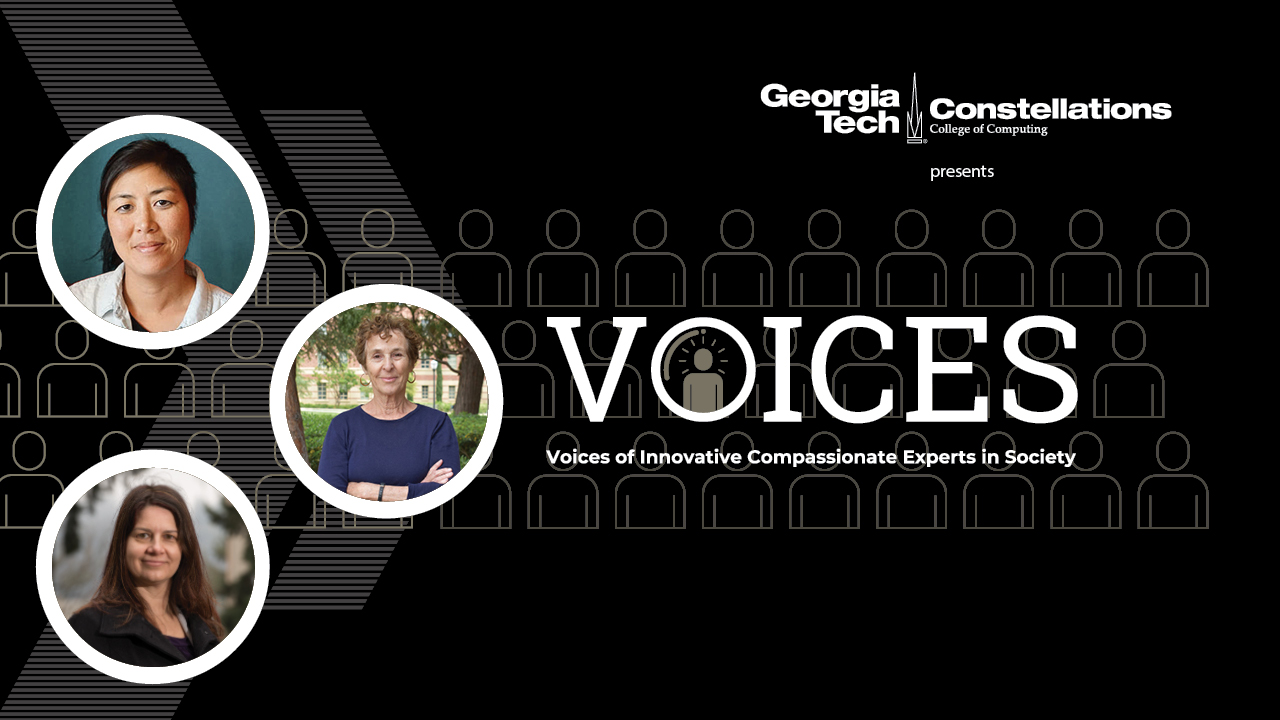
VOICES: Jean Ryoo, Joanna Goode, and Jane Margolis on Equity in Computing, Covid-19’s Impact on Schools, and Implicit Bias
Few people in computer science education are as well regarded as Jean Ryoo, Joanna Goode, Jane Margolis, and Lien Diaz. Yet somehow, we were able to align schedules and record an incredible conversation between these four women for episode three of VOICES: Voices of Innovative Compassionate Experts in Society.
In this episode, the group explores what access really means, the impact of Covid-19 on the education system, and a decade after its publishing, reflects on Margolis and Goode’s groundbreaking book, Stuck in the Shallow End.
“We have to interrogate what we mean by access. Just because a school has a course called computer science on the list of courses doesn’t actually mean that students in the classroom are having a culturally responsive, sustaining, meaningful, identity-building, techno-social justice, change-agent experience,” said Goode, the Sommerville Knight Professor at the University of Oregon.
“They could be experiencing typing or the most boring JavaScript class you’ve ever been part of,” she continued.
While fighting for equity has been a priority for all of the women for over a decade, Margolis encourages everyone to now, more than ever, to make equity a priority.
“If there was ever a time for us to buckle down on issues of equity, this is the time. I’m fearful of our education system getting worse, not better,” said Margolis, senior researcher at the University of California, Los Angeles (UCLA.)
Though Ryoo was not an author of Stuck in the Shallow End, her work has been massively affected by the conclusions drawn from that research.
“What was powerful for me was the storytelling and having these experiences grounded in real, personal experiences that came to life in the way it was written. When it’s written in that way, you have the opportunity to hear from an individual about how these tiny micro-moves of everyday life accumulate to result in these really horrific forms of racism and sexism in fields like computer science education,” said Ryoo, director of research of the Computer Science Equity Project and Center X at UCLA.
For the full conversation, visit the Constellations YouTube channel.
Related links:
About VOICES
The Constellation Center for Equity in Computing at Georgia Tech has formed VOICES - Voices of Innovative Compassionate Experts in Society, an alliance of forward thinking, transformational and empathetic thought leaders with the goal of laying out a rigorous agenda to shine a brighter spotlight on the social negligence shown toward poorer communities, and the lack of equitable access to upward mobility and quality education and healthcare. In this time of crisis, it is clear that computer science education is only part of the solution.



